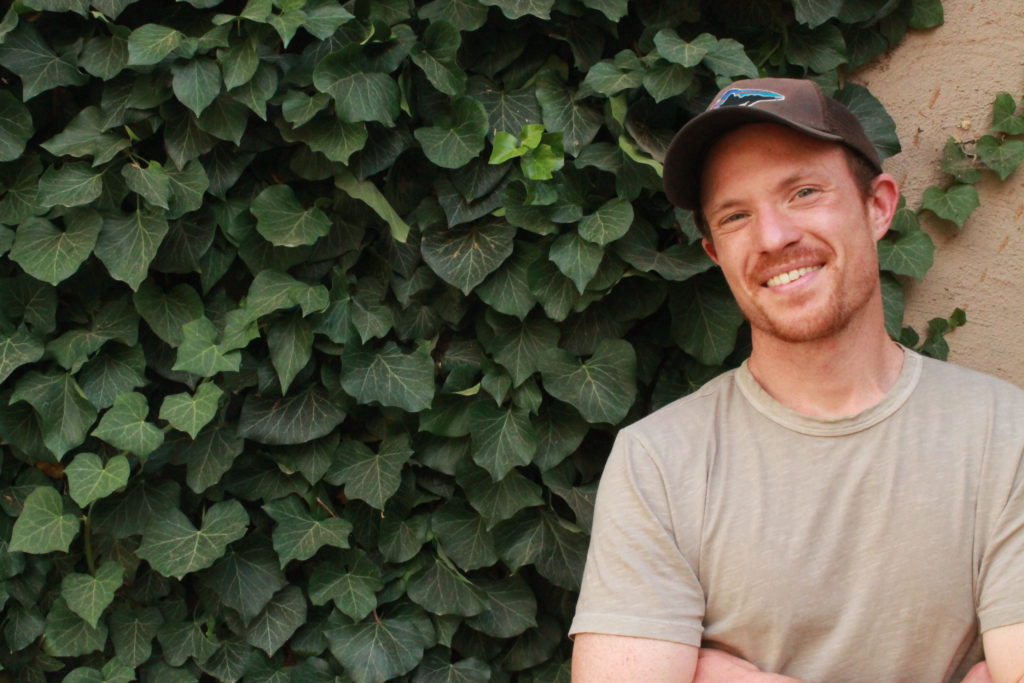In fall 2019, a donor approached the City of Santa Fe offering a generous amount of money, to plant trees. I learned about this through my volunteer work on the Municipal Tree Board. I remember thinking, if your goal is planting trees, the city is unfortunately not an efficient place to invest. Don’t get me wrong—many cities have excellent forestry programs. Many also have productive relationships with NGOs that know where trees are needed most, and how to get them in the ground.

In Santa Fe we are working on it. However, even places that manage to build good programs struggle to maintain them. When the economy takes a hit, these programs experience lagging recoveries. If the 2008 financial crises was a lesson, 2020 had better be an epiphany.
Despite everything, interest in planting trees is at an historic high. People have a deep need to see their communities turn a corner. We crave evidence that even with hurricanes and wildfires simultaneously drowning and drying us, we are resilient. We can still put trees in the ground. We can face our problems and change our destiny.
So, in early 2020, I attended an information session hosted by Santa Fe Innovates. I came with the crazy idea that a business can be made by making trees free. I was curious about the new accelerator in town that had a strong social impact focus and supported New Mexico’s recent benefit corporation law. I shared my belief that if you could identify people willing to host trees, it would be an invaluable asset. Tree hosts are producers of public good. They offer space and labor in exchange for beauty, shade, habitat, food. No group does more to reduce ambient temperatures on hot days. I wanted to connect hosts with sponsors and others offering resources, like the donor who approached their city with a checkbook.
If I was seeking discouragement at that meeting, I did not find it. I waited as Santa Fe Innovates adapted to the pandemic and announced their first (virtual) cohort. Then it was all business model, all the time. They pushed me. “The business model is the product.” “Traction is the goal.” I loved these ideas. I began to believe that one person, with the support of a community, can turn an idea into a plan, a plan into a business, and a business into impact. I called my company Refolia and announced a “Tree Sprint,” offering to help people pick out trees and plant them. And, if they requested, I would work to find a sponsor to pay for their project.
Then came a twist in the story. I met the founders of another startup, Cambium Carbon. Cambium saves fallen and removed trees from landfills and incinerators. The wood goes to millers and makers who create unique products. Cambium markets the products and uses revenue to plant new trees: a circular economy. We hit it off. They had a creative model for funding tree planting, and discovered a problem I was familiar with: where do we put our resources? They suggested we join forces. I said, let’s figure this out.
Two weeks ago I left my day job of three and a half years and became Tree Planting Director for Cambium Carbon. To explain why this was the right decision is a different story. Suffice it to say, this year we are piloting the “Reforestation Hub” Initiative in four cities across the country, and planting trees in five. One of those is Santa Fe, NM.
Gratitude
Thank you, Jacob, for sharing your entrepreneurial journey and engaging with Santa Fe Innovates. We are excited to see your next steps unfold, and we know your impact will continue to grow! Follow Jacob on Twitter and continue to join his entrepreneurial journey and positive impact on our environment.

